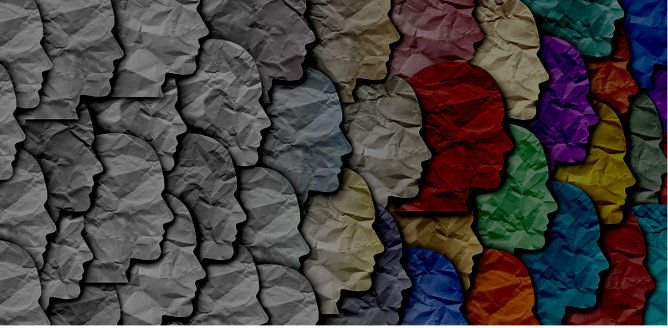ATD Blog
3 Ways TD Can Further DEI Efforts
Wed Oct 13 2021

A recent Atlanta Journal-Constitution article, “The Best Employers See the Benefits of Diversity, Equity, Inclusion,” shares a few of the DEI benefits for employers: greater customer service, more innovation, higher levels of employee engagement, and increased staff retention.
But employers don’t arrive at a diverse and inclusive workforce simply by setting it as a goal. Employers must be intentional about their efforts, and it can’t simply be about hiring targets.
Rather, organizations should prioritize DEI efforts by increasing diversity at the senior levels, involving employees, raising accountability for DEI results, and embedding “equity and inclusion at the heart of business strategy,” write Ed Hasan and Ifedapo Adeleye in “Advance DEI Using Talent Development Skills."
Those priorities are not realized by implementing diversity training—though that is part of the equation. The authors advise that talent developers can make an impact in their organization’s DEI efforts in knowledge management, career and leadership development, and coaching.
Knowledge Management
Strategically managing knowledge is critical to harnessing an organization’s competitive advantage, even more so in today’s knowledge-driven economy. Consider explicit and tacit knowledge. The former is easily captured. Explicit knowledge includes whitepapers or how-to videos. Tacit knowledge, however, is based more on an individual’s intuition and experience. Due to its personalized nature, it is more difficult to transfer.
An intentional approach is necessary to retain DEI knowledge. Are employees with DEI knowledge interacting with the people who could benefit from such knowledge? If you’re using technology to capture such knowledge, are the tools ones that employees routinely use? Are people at ease sharing their knowledge, which can be quite sensitive?
Organizations can support employee resource groups, for example, and may want to consider hiring a knowledge manager who is skilled with DEI responsibilities.
Career and Leadership Development
Hasan and Adeleye remind readers that DEI is a marathon, not a sprint: “Effective career and leadership development requires a collaborative planning process that enables employees to grow and foresight to not only determine what skills and talent an organization needs now but also what it will need in the future.”
Talent development expertise can be leveraged to design and implement development programs. A comprehensive approach should be used to help reach individual employees at different stages in their career through appropriate methods and techniques such as career counseling and job rotations.
Furthermore, organizations would be wise to go beyond mentoring to sponsorships, continue the authors. Tap senior executives as sponsors who can use their clout to advocate for up-and-coming leaders.
Coaching
Providing managers with core inclusive leadership skills is of utmost importance to developing employees from historically excluded groups.
One avenue is to pay close attention to how social identity affects us. Supporting and coaching individuals from groups that have historically experienced injustices—by gender, race, religion, ability, sexual orientation, ethnicity, and so forth—requires a deep level of self-awareness and empathy on the part of the coach. “How does a coach who is a cisgender white woman from a higher economic bracket, for example, understand the gaps between her experiences and those of a transgender, Black male coachee of lower income?” pose the authors.
Moving Forward With Intention and Purpose
Making progress on DEI, both in your organization and in society at a greater level, is not easy nor will it be without discomfort. But talent developers have a great opportunity with business leaders sitting up and taking notice of DEI’s importance.
Hasan and Adeleye throw down the gauntlet: “Your work is cut out for you. Are you ready, willing, and able to take on today’s tough DEI challenges?”
You've Reached ATD Member-only Content
Become an ATD member to continue
Already a member?Sign In
